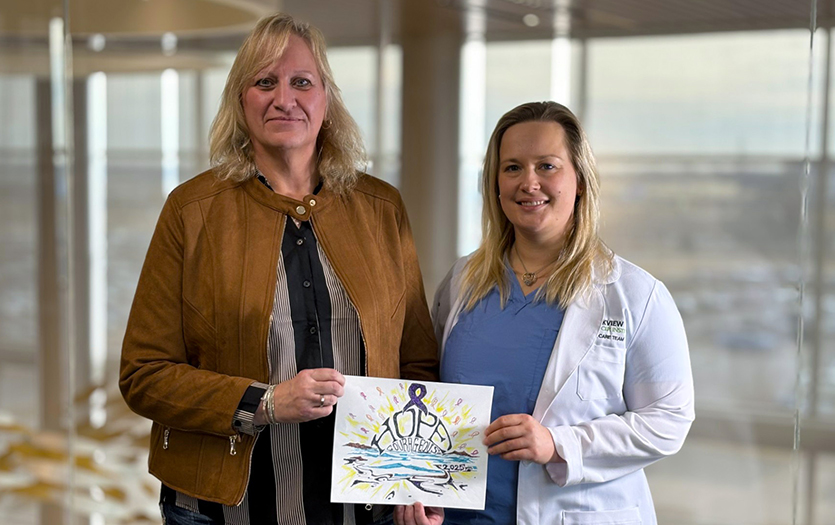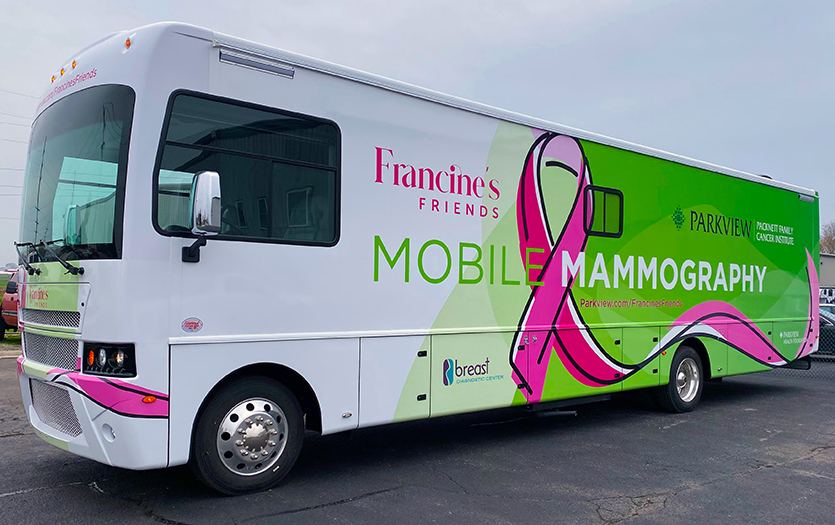This post was written by Joseph McCollom, DO, palliative oncologist, Parkview Cancer Institute.
Through my specialty, I am meeting patients at some of the most vulnerable moments in their cancer journey, and offering relief from pain and other symptoms, but also celebrating their lives and who they really are. Cancer is unique in that it has a way of stealing what makes you, you. People see themselves differently. It’s a privilege to empower people to rediscover themselves.
Because of the relation to hospice care, people think palliative care is strictly for patients at the end of life, but that’s not the case. All cancer patients experience some level of symptoms and distress related to their diagnosis and disease. They need helping hands along the way. In addition to the impact of different treatments, many have short term and long term side effects. Our team helps them deal with pain, nausea, fatigue, appetite and psychological distress, like anxiety or depression, as well as spiritual distress.
Patients who receive palliative intervention have a better quality of life, improved symptoms, stay out of the hospital and are believed to actually live longer than those cancer patients who receive standard care.
I encourage anyone who receives a cancer diagnosis to seek palliative care and palliative oncology as early as they can to make the quality of the journey that much better.



